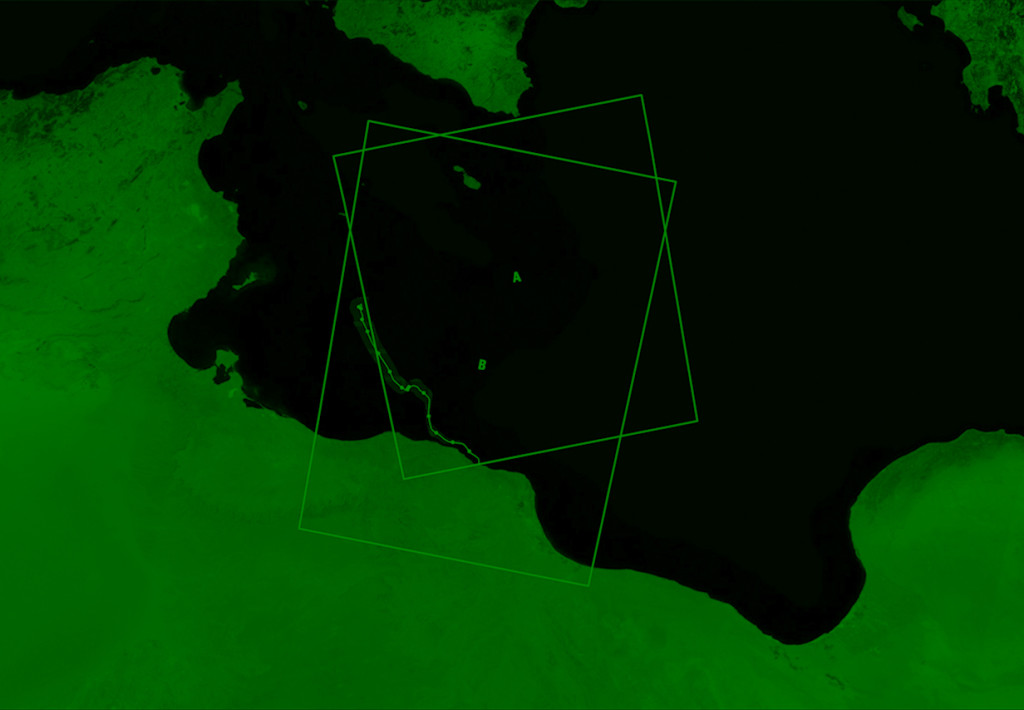
Recording in Progress! is a sound installation by Julia Tieke that translates German-language media reports on migration and flight into the languages spoken by the people being reported on. It confronts the audience with the situation of not understanding on the one hand, but on the other, it also presents German-language commentary by the translators and speakers about the political background of misunderstanding language. The radio moderator and author Julia Tieke talks to Elisabeth Wellershaus in an interview about discoveries, pitfalls and newly created words in the complex field of translation. To article...
The Film And-Ek Ghes… documents the arrival of the Roma Velcu family in Berlin. The filmmaker Philip Scheffner and co-director Colorado Velcu develop perspectives on the arrival in Germany and the self-determination of migrants and refugees in an aesthetic production. On the surface, the second installment of the three-part project series Soundtracks, curated by Nanna Heidenreich, shows the everyday life of the Velcu family who emigrated from Romania. The documentary, which was nominated for the Grimme Award 2017, addresses various ideas of (self-) presentation and offers an unusual contribution to critical revisions of the representation of migrants and refugees in film and the arts. To article in German...
Constanze Fischbeck’s video project Terra Nova documents the delicate tapestry of hopes and expectations that occurs when two Berliner initiatives invite people in the asylum application process for ‘guerilla gardening’ in an unused corner of the Jerusalem Cemetery in Berlin Neukölln’s highly gentrified Schillerkiez. To article...
The migration scholar Nanna Heidenreich talks about her three-part project Soundtracks. Discussing the works by Constanze Fischbeck, Philip Scheffer, and Julia Tieke that make up this project, Nanna Heidenreich illustrates how listening is politicized, which narratives and voices are perceived in and by today’s media landscape and which are not, and how to avoid victimization and exploitation of projects “about,” but not “made by” immigrants and refugees. To article...
War and displacement go hand in hand. The author Stefan Zweig describes what the historian Jörn Leonhard underlines in his analysis of the First World War – the anonymizing and bureaucratizing of violence – using the example of the individual fate: The person who is destined to lose as a pawn in the game played by unnamed and merciless forces. To article in German...
The Berliner Congress Civil Society 4.0 brought together activists and experts from (among others) Refugee Emancipation, Chaos Computer Club Berlin, metroZones, Refugee Hackathon, United Action, Women in Exile, Refugee Empowerment, and The Voice to ask what happens when “civil” is not limited to citizens, but all those who act politically and publicly: on the street, in institutions, in the media. When we are the state. Not based on nationality, but based on our humanity. To article in German...
A genuine exchange within society is not wanted, this is evident in the treatment of refugees. However, we need a culture of open dialog which accommodates difference and opens up time-spaces for the development of sustainable political strategies. Only the opportunity for active participation in society can prevent the excluded from retreating into particularist communities. To article...
The so called “refugee crisis” is not a crisis of the refugee, it’s a “crisis of society.” Starting from that simple insight Andrew Herscher connects the “housing question” (Friedrich Engels) of the 19th century to the “refugee crisis” of the 21st. The “humanity-mongers” of the 19th century addressed the working class’s housing problem rather than the underlying social problem itself. Today’s humanitarian endeavors of “digital shelter,” on the other hand, provide refugees with debit cards to seek a dwelling rather than supplying housing in the form of architectural efforts. To article...